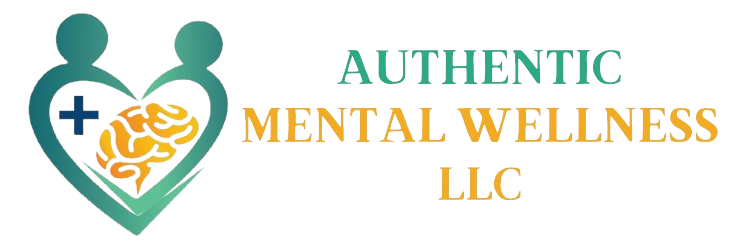Medication Management

Medication management is a critical aspect of healthcare, particularly in the treatment of chronic illnesses and mental health conditions. It involves the strategic planning, monitoring, and coordination of medications to ensure optimal therapeutic outcomes for patients. This process is typically overseen by healthcare professionals, including doctors, pharmacists, and nurses, who work collaboratively to create and adjust medication regimens tailored to individual patient needs. The goal of medication management is to maximize the effectiveness of medications while minimizing side effects and adverse reactions.
The process begins with a thorough assessment of the patient’s medical history, current medications, and specific health conditions. Healthcare providers evaluate potential drug interactions, allergies, and the patient’s adherence to their medication regimen. Regular follow-ups and monitoring are crucial components of medication management, as they allow healthcare professionals to assess the efficacy of the prescribed medications and make necessary adjustments. This ongoing monitoring helps in detecting any side effects or complications early, ensuring that any issues are promptly addressed.
Medication management also involves educating patients about their medications, including how to take them correctly, understanding possible side effects, and the importance of adherence to the prescribed regimen. This education empowers patients to manage their medications effectively and make informed decisions about their health. Additionally, medication management can include strategies to simplify medication regimens, such as using combination drugs or setting up medication reminders, which can improve adherence and overall health outcomes. By providing a structured and patient-centered approach, medication management plays a vital role in enhancing the quality of healthcare and patient well-being.
